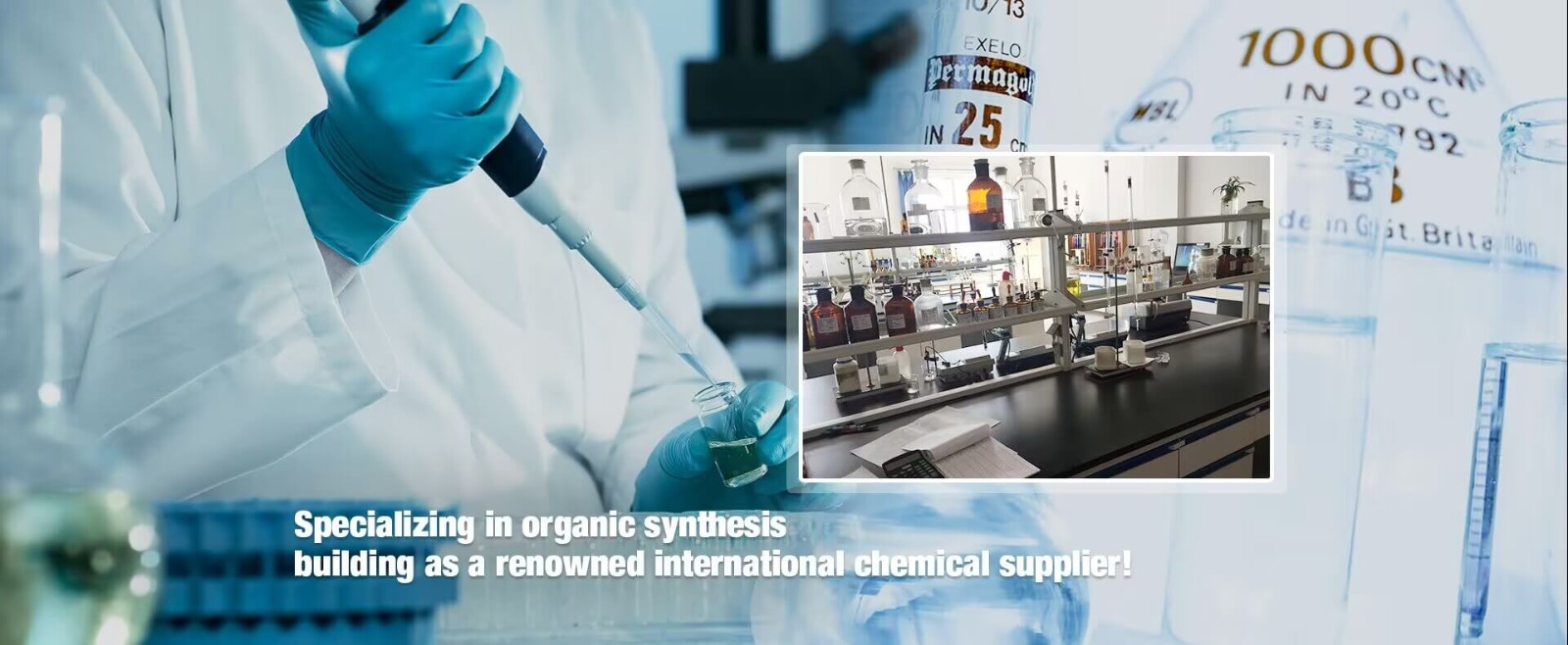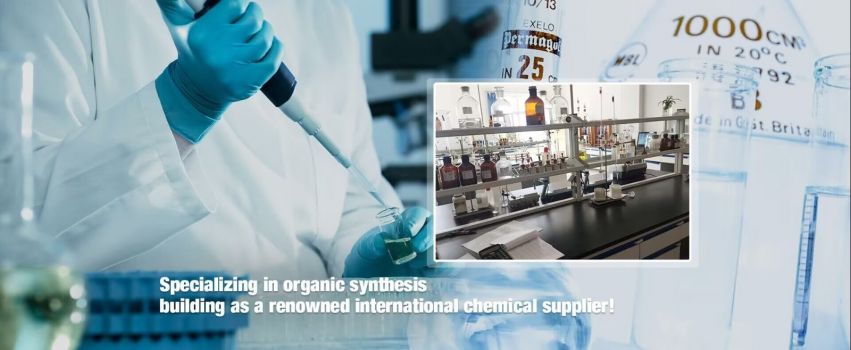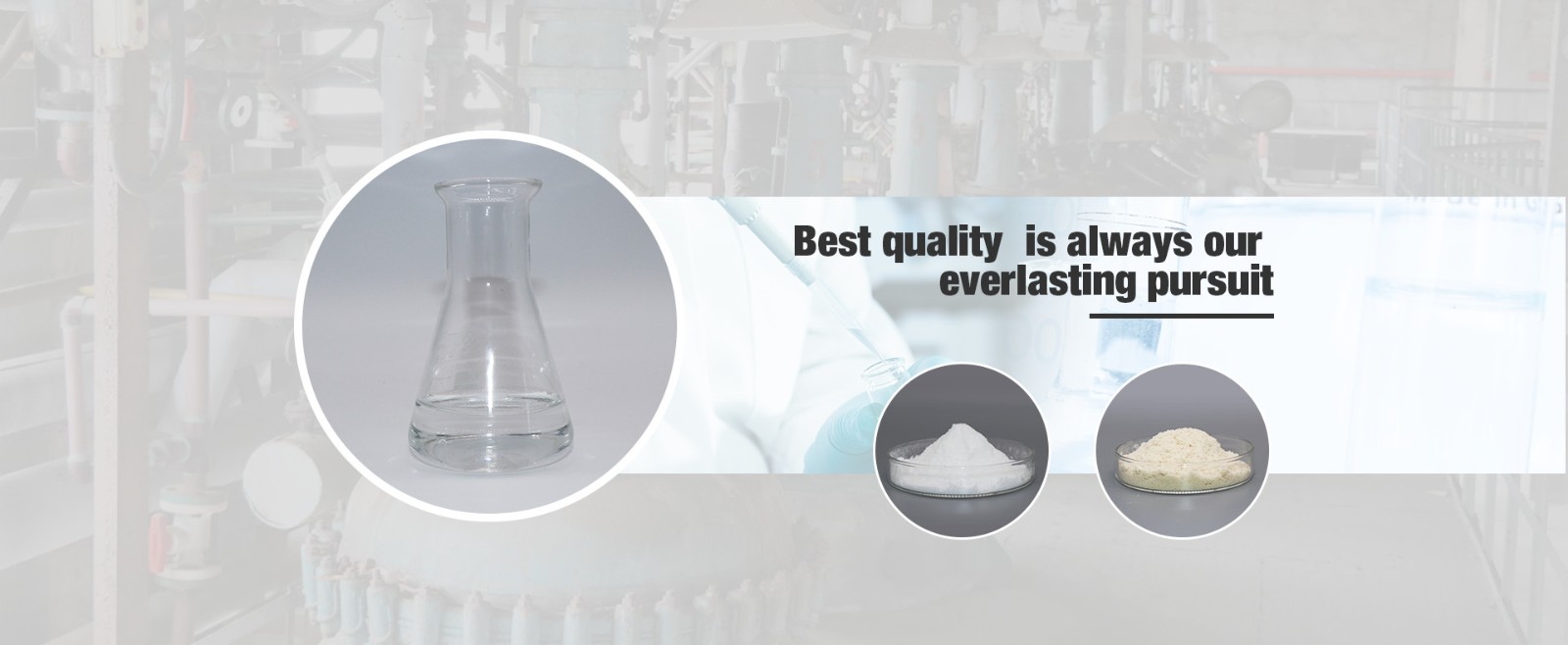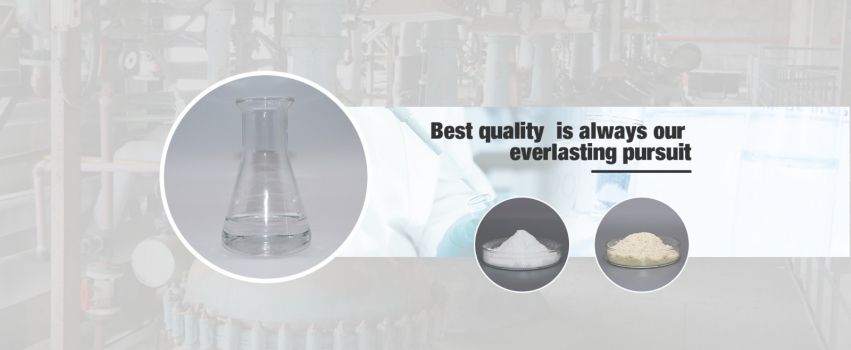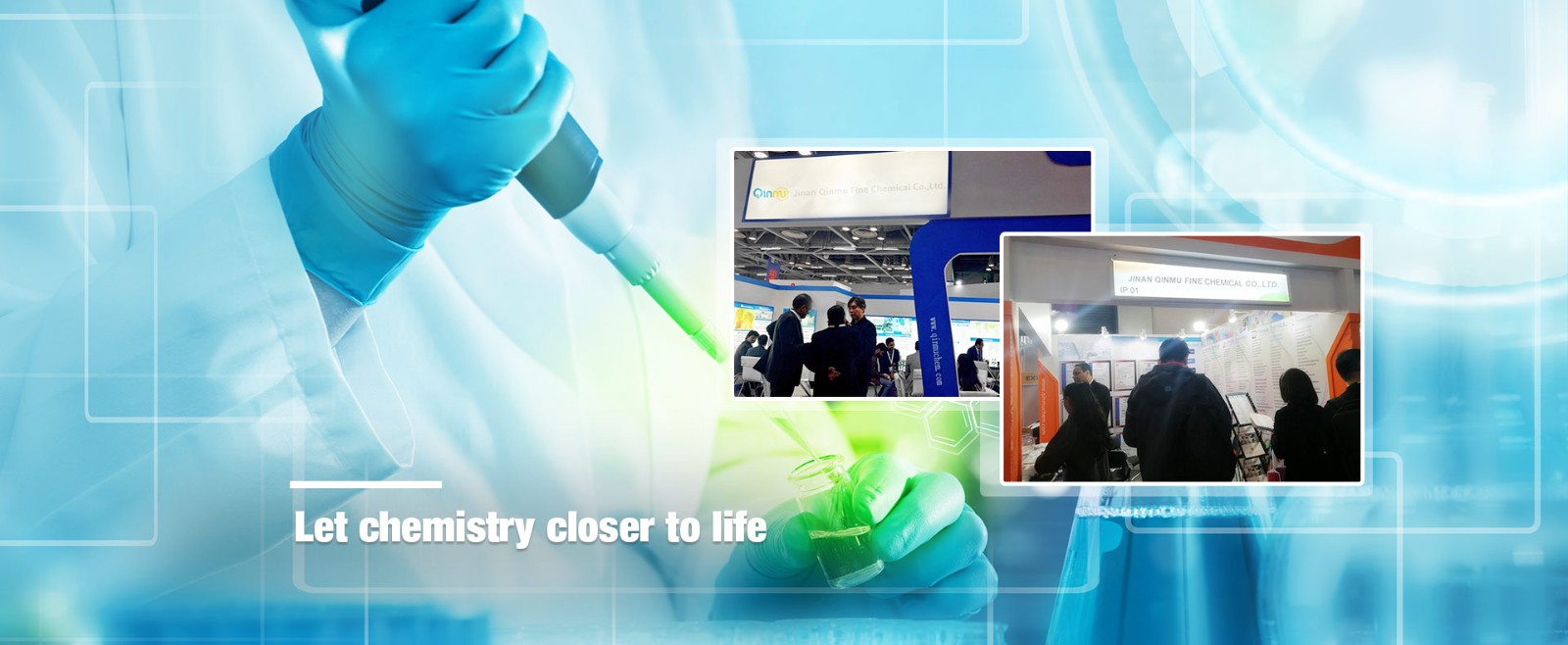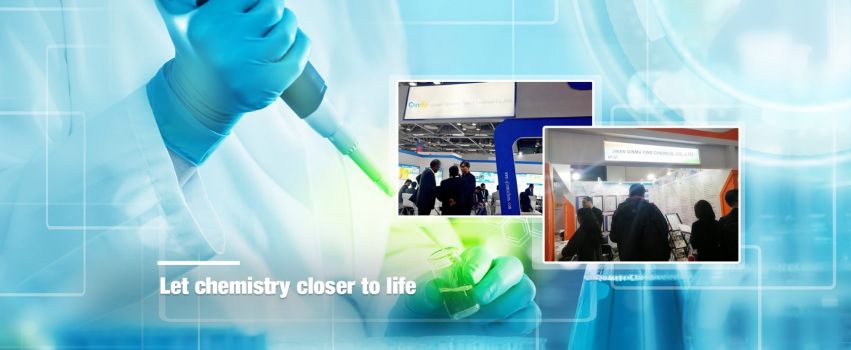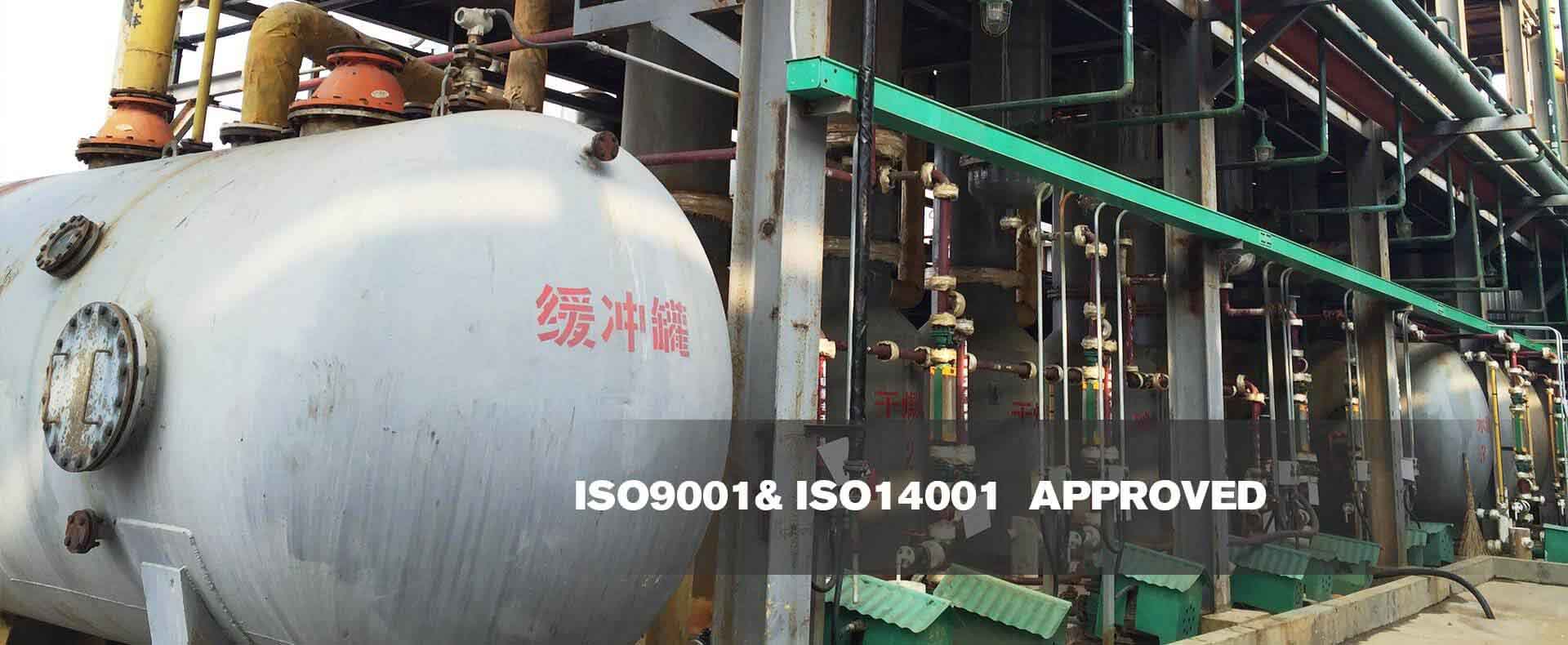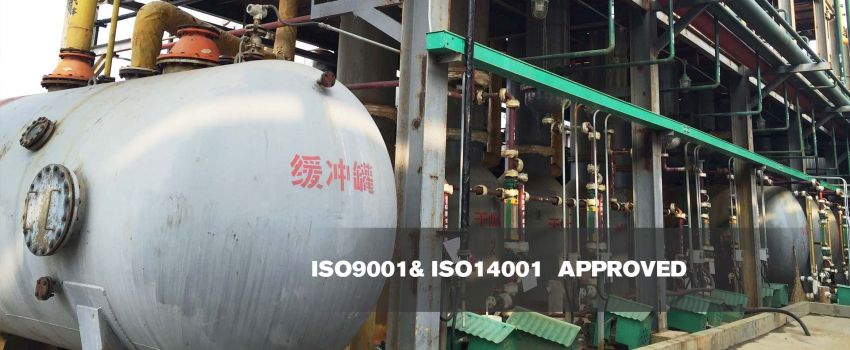What Is the Function of Trypsin?
Oct. 15, 2020
Food protein must be broken down into amino acids before it can be used by the body for tissue growth, maintenance, and repair. Trypsin is an enzyme found in pancreatic juice and is necessary for effective protein digestion. Impairment of trypsin production not only hinders the digestion process but also damages the pancreas. The production of trypsin outside of pancreatic tissue may be involved in the cancer process.
Protein digestion
Trypsin is a protein digestive enzyme found in pancreatic juice and is secreted into the small intestine during meals. Trypsin secreted by the pancreas is an inactive zymogen called trypsinogen. Once in the small intestine, an enzyme called intestinal peptidase is secreted from the intestinal cells, cutting off a small piece of trypsinogen to produce active trypsin. The activated trypsin in turn helps break down food proteins. It also activates other trypsinogen molecules, as well as other protein-digesting enzymes secreted together with pancreatic juice as a zymogen. Therefore, trypsin is necessary for the body's normal digestion process to convert food proteins into absorbable amino acids.
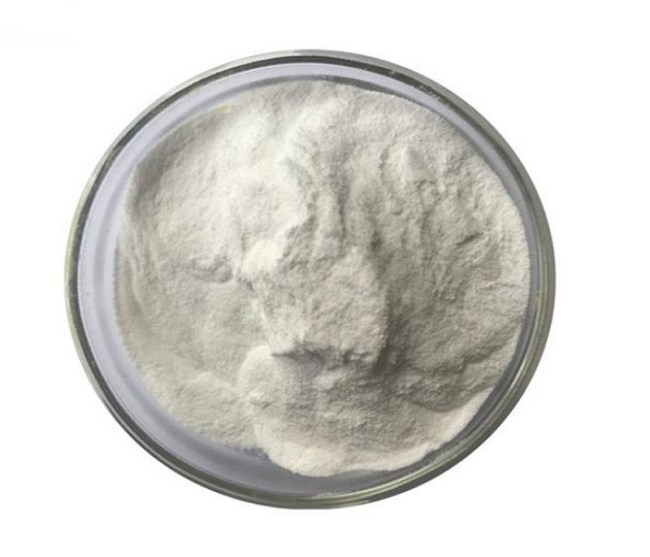
Trypsin inhibitor
Trypsin inhibitors are compounds that tightly bind trypsin and hinder its ability to digest proteins. Typical natural dietary substances that inhibit trypsin activity are Bowman-Birk inhibitors that can be found in soybeans, other legumes, and grains. Eating a lot of foods containing active trypsin inhibitors will reduce the nutritional value of food proteins. However, cooking food can inactivate most dietary trypsin inhibitors. Pancreatic cells can produce another trypsin inhibitor to prevent premature activation of trypsin and other protein digestive enzymes. This prevents the pancreas from digesting itself.
Trypsin disorders
Some people are born with mutations in the trypsinogen gene in the pancreas. This kind of rare genetic disease can change the structure of trypsinogen and cause a disease in which trypsinogen inappropriately activates trypsin and tissue trypsin inhibitor does not work properly. Part of the pancreas digests itself, causing pancreatitis or inflammation of the pancreas. Improper activation of trypsin and inflammation of the pancreatic tissue can also occur when alcohol abuse or gallstones block the pancreatic secretory ducts. Pancreatitis is a serious disease that causes irreversible tissue damage and the loss of secretions required for normal digestion.
Trypsin and cancer
In addition to the pancreas, a small amount of trypsin can also be found in other tissues, including other digestive organs, skin, kidneys, liver, brain, and immune system cells that involve some normal cellular processes. Although their exact role in the cancer process is unclear, large amounts of trypsin and tumor-associated trypsin inhibitors are produced in cancer tissues.
The above information is provided by the pharmaceuticals supplier.
-

Qinmu's CPHI China 2025 Exhibition Ends Perfect
Jul. 01, 2025
-

CPHI & PMEC China (Shanghai) 2025 --- we are coming!
Mar. 14, 2025







